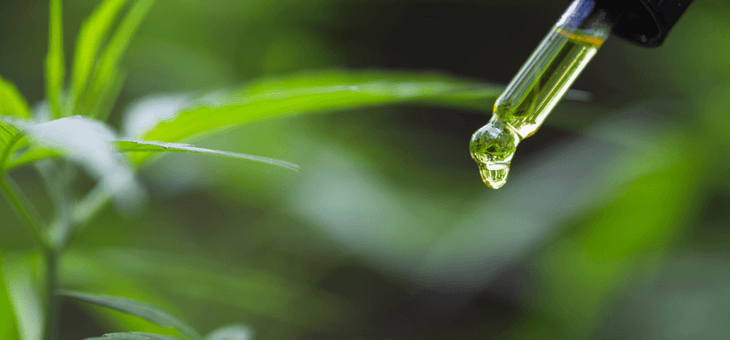You may have seen the term ‘CBD oil’ in the news recently. It’s been making a bit of a splash. But what is it? Is it what faulty cars leave behind on the streets of the central business district? Or a new fossil fuel conglomerate?
Though that phrase may conjure up such images, it is neither of those. In fact, cannabidiol (CBD) oil, is a natural plant extract that may have a diverse range of health benefits – for young and old.
What exactly is CBD oil?
While the thought of CBD might evoke in some older folk memories of the ‘hippy’ marijuana-smoking days of the 1960s, the truth of this oil is far tamer. Cannabidiol is the second most prevalent active ingredient in cannabis, after tetrahydrocannabinol (THC). But while THC can get a user high, CBD does not, nor does it have any psychotic effects.
Read: Mild painkillers match opioids for treating fracture pain: study
CBD is in fact derived from marijuana’s cousin, hemp. Not to be confused with hemp oil, which is made by cold-pressing hemp seeds. CBD oil is made by extracting the compound from the hemp plant and then mixing it with a carrier oil. While hemp seed oil contains a negligible amount of cannabidiol, CBD oil – depending on the exact product – contains far higher levels.
Could CBD be our ‘magic elixir’?
New medicinal products often come with sweeping claims about potential cure-all effects, and some purveyors of CBD oil might follow this marketing line, especially when reading the list of conditions that CBD may help, such as:
- anxiety
- insomnia
- chronic pain
- arthritis inflammation
- addiction.
That’s quite a list. However, it’s important to note that these benefits have been reported via animal studies and anecdotal human evidence. That’s a far cry from peer-reviewed clinical studies. That said, the signs are positive and CBD oil could well become a key component of medical therapy in the future.
What about side effects?
According to Dr Peter Grinspoon in an article written for Harvard Medical School, the side-effects of taking CBD oil can include nausea, fatigue and irritability, and it may increase the level of blood-thinning. Taken in high doses, it could also deliver abnormalities in liver related blood tests. However, this is also true of many non-prescription drugs such as paracetamol.
Read: 10 pain-fighting foods
In addition, Associate Professor Jonathon Arnold, the deputy academic director of the Lambert Initiative for Cannabinoid Therapeutics at the University of Sydney says diarrhoea also appears to be a common side-effect.
A recent study suggests that CDB does not impair driving, although caution is urged for those who use it to help with sleep issues and seizures.
Where can I get this ‘wonder drug’? At my chemist?
Chemist Warehouse has in fact signed a deal with a medicinal cannabis company named Cannatrek to supply low-dose CBD products, but you won’t be able to buy it just yet. Currently, no CBD products have been approved by the Australian Register of Therapeutic Goods (ARTG). Sale of CBD through pharmacies requires sign-off from the ARTG, which has not yet been achieved.
Read: Medical misconceptions that just won’t go away
Anyone hoping CBD oil will be some kind of magic cure-all may be disappointed, but further research may yet reveal the extent of its beneficial properties.
Until then, the age-old advice is still valid: If you have any health concerns, consult your GP.
Have you had experience with CBD oils? Why not share your experience in the comments section below?
If you enjoy our content, don’t keep it to yourself. Share our free eNews with your friends and encourage them to sign up.

